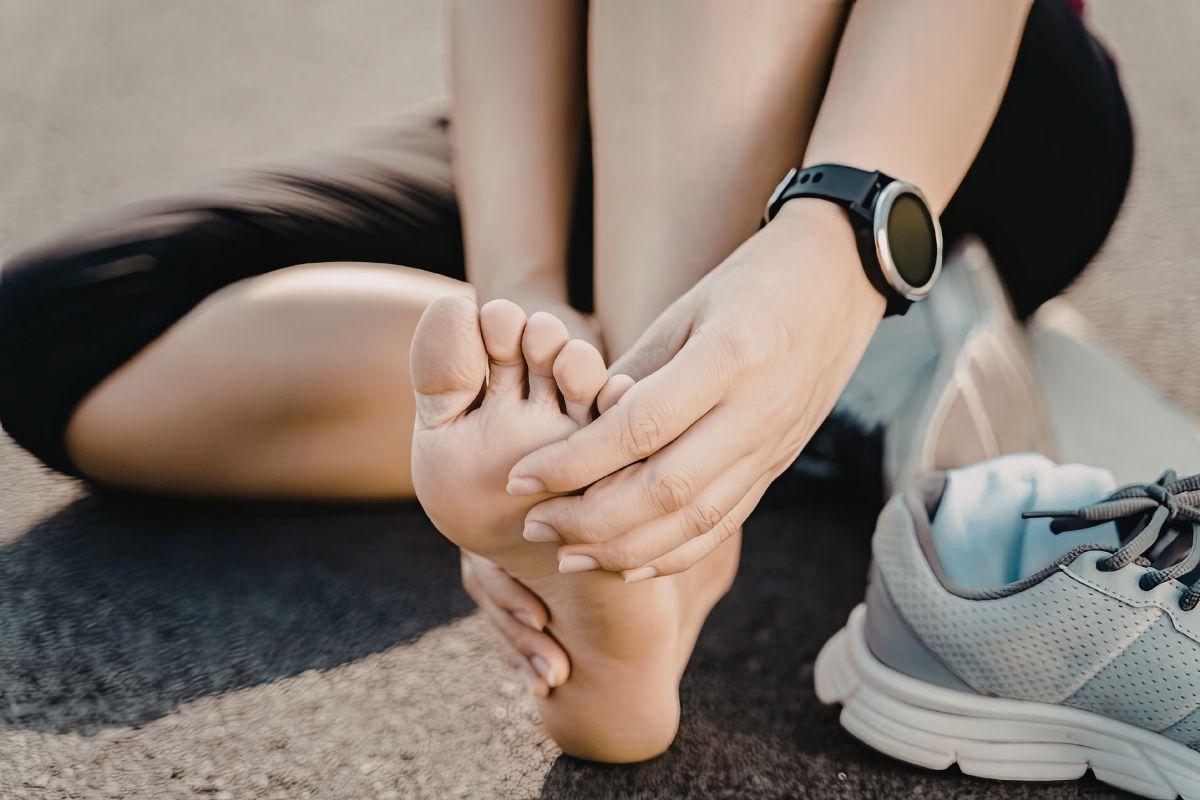How important is cleansing in the anti-ageing skin care routine? What sorts of cleansers (e.g. wash? Oil? Milk?) are best for those concerned with skin ageing and what sorts of ingredients should we look for in anti-ageing cleansers?
A good cleansing routine is vital for keeping skin healthy and preventing disease. One of the main functions of skin is to act as a barrier to the outside world. Skin barrier function can easily be disrupted or damaged by noxious chemicals such as pollutants in the environment, cumulative sun damage, or even products that are deliberately applied to the skin for their anti-ageing effects such as retinoids. In addition, to this, as skin ages, it becomes increasingly dry over time. Using a cleanser will remove environmental dirt and micro-organisms as well as potentially improving the barrier function of the skin. This in turn will result in an improved overall appearance.
It is important to try and avoid soaps and other substances that can irritate the skin, thereby drying it out. Irritants to the skin are usually preservatives, fragrances, colours, or agents that release formaldehyde, including the chemicals imidazolidinyl urea or quaternium 15. In recent years, a chemical known as methylisothiazolinone (MI) has caused concern and is thought to be responsible for an increasing number of allergies. It is a preservative found in a large number of cosmetic products including make-up remover, sunscreen, shampoos, and facial wipes.
In some people, the use of a traditional rinse-off cleanser may be better and cause less irritation than a facial wipe or leave-on cleanser, particularly if there is a tendency towards sensitive skin, eczema, or allergies. Oils are suitable for those with normal/dry skin but should be avoided if there are other co-existing skin disorders such as acne rosacea.
How does serum work and how does this differ from how moisturiser works?
Facial serums are concentrated, clear, gel-like solutions applied to the skin that are made up of small molecules. This means that they are absorbed quickly and penetrate deep into the skin. This contrasts with a moisturiser that has larger particles and is designed to hydrate the skin surface.
Serums are usually water-based. They do not contain occlusive, moisturising ingredients such as petrolatum or mineral oil. They have a high concentration of active ingredients such as anti-oxidants, vitamins, and peptides.
Serums are not suitable for everyone. They are ideal for oily skin types due to their non-greasy finish. They can potentially cause irritation if there is a problem with the barrier function of the skin such as eczema. For those with dry skin, a serum may be needed in conjunction with a moisturiser.
What are the key signs of skin ageing that serum can treat? What sorts of ingredients are best for tackling each of these problems?
Serums can be used to treat dryness, fine lines, wrinkles, dark spots and uneven skin tone. They deliver high concentrations of anti-oxidants, peptides, vitamins, and skin brighteners such as kojic acid to the skin. This aims to restore moisture and elasticity to the skin that can be lost over time.
Serums must be used with caution if you are using other products or means to tackle wrinkles and uneven skin tone. Retinol containing products, chemical peels, or other methods of deep exfoliation should ideally be avoided, as vitamin c and alpha hydroxy acids in serum will cause irritation.
How important is exfoliation in the anti-ageing skin care routine? Are chemical or physical exfoliants best? How, and how often, should exfoliation be carried out as part of an effective anti-ageing skin care routine?
Exfoliation is a vital part of the anti-ageing skin care routine. It gives an instant improvement to the appearance of skin by removing the dull, dry layer of upper skin cells. Superficial exfoliation will not only make the texture of the skin look better, but will also improve age spots and uneven skin tone, as well as allowing better penetration of your serum or moisturiser. The long term benefits, however, will only really be gained if exfoliation is carried out regularly as the treatment itself only affects the superficial layer of the skin.
Exfoliation can either be physical or chemical. Physical exfoliators refer to sponges, facial brushes, and scrubs. Chemical exfoliators are usually acids e.g. glycolic acid, AHAs, BHAs, that are left on the skin which work to dissolve the dry skin cells. Both chemical and physical exfoliation can be effective and the preferred method is largely dependent on how sensitive an individual’s skin is to the product being used. It is also important to bear in mind that even simple exfoliation has risks and may not be suitable for everyone, particularly if there are other underlying skin disorders.

What are the key signs of skin ageing that moisturiser can trea? How can consumers select the best anti-ageing moisturiser for their needs?
As skin becomes drier with age, the key thing that moisturisers can do is improve hydration of the skin. They can also contain specific anti-ageing ingredients such as retinol, which will improve fine lines, wrinkles and dark spots, AHAs and BHAs that cause a chemical exfoliation of the skin, peptides, coenzyme Q10, argireline, and vitamin C. A good anti-ageing moisturiser should also provide protection against ultraviolet radiation. Ultraviolet is not only a key culprit in skin ageing, but a number of anti-ageing substances such as retinol and AHAs can also make the skin more sensitive to sunlight.
What are the current key trends in the anti-ageing skin care market?
The anti-ageing skin market is huge and there is a wider age range than ever that are interested in this area. Average life expectancy is increasing and people are, on the whole, not only living longer, but also enjoying better levels of health. As a result, they are more interested in their skin. Men are also increasingly taking an interest in skin care. These factors mean that the market will only continue to grow.
The market is also now beginning to realise that product development needs to account for all skin types. All skin does not age in the same way and it therefore follows that some products are more suitable for darker skin types whilst others are better for fair skin.
The online market for cosmetic and anti-ageing products is booming. There are a vast number of products available online, beauty bloggers that can make or break a product, and a growing “selfie” generation with high expectations of skin care in terms of the speed and level of results a product will provide.
These trends, no doubt, will mean high quality products on the market that will have to provide the anti-ageing benefits they claim to have.
Where will the anti-ageing skincare market go in future – what’s next for the market?
It is an exciting time for the future of the so-called “cosmeceuticals” or cosmetic products with biologically active ingredients. Scientists will no doubt find more refined molecules with powerful anti-ageing properties that can adequately penetrate the outer layer of the skin or stratum corneum. Dermatologists are likely to develop clever and accurate delivery systems of these molecules to the skin, for example with the assistance of laser or micro-needles. There is likely to be some degree of convergence of current prescription only products becoming available to the consumer over the counter. The skincare market is also likely to look towards producing bespoke products tailored to the individual based on skin type and genetics.




